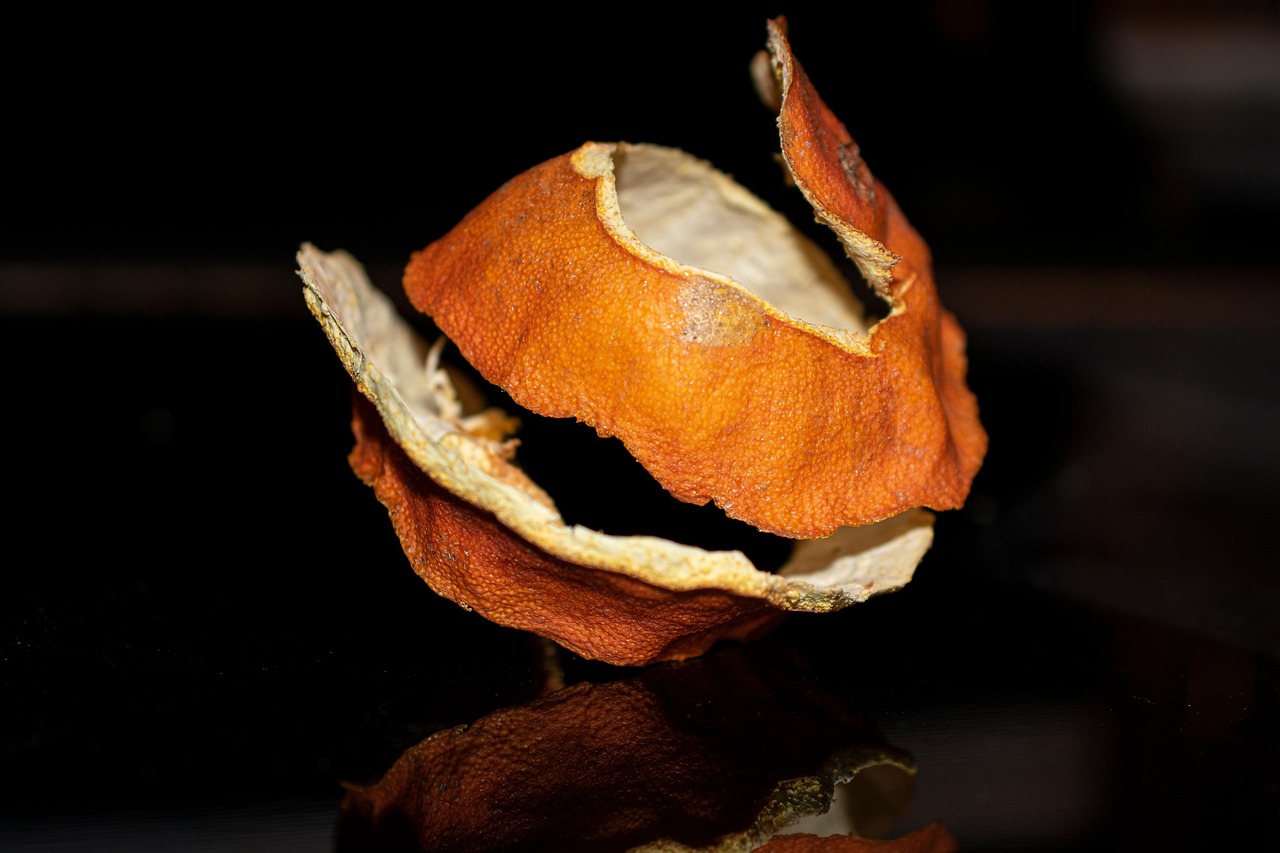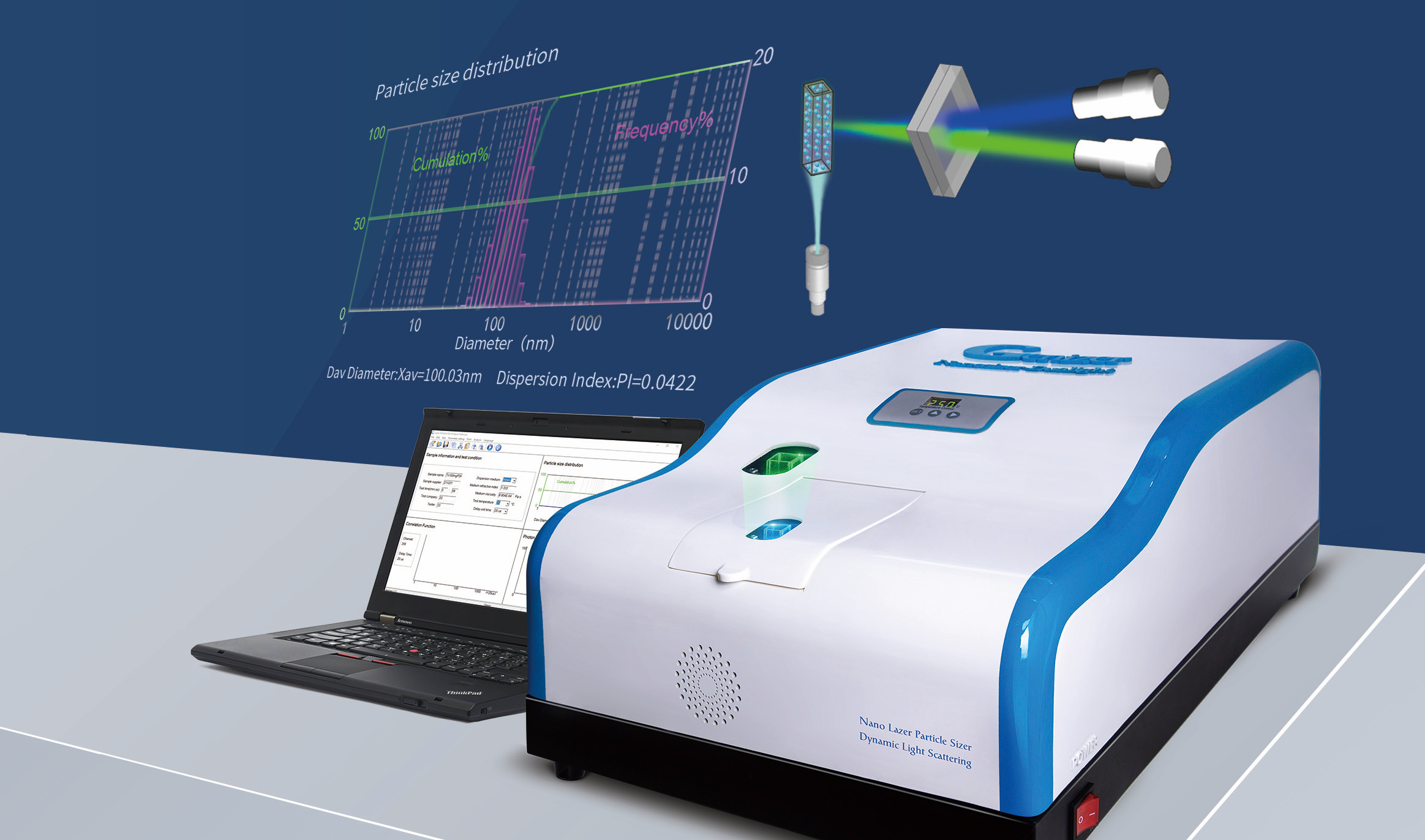From Citrus Peels to Diabetes Treatment - Genizer in the Research
From Citrus Peels to Diabetes Treatment - Genizer in the Research
Type 2 Diabetes is growing as the world’s population ages. This makes treatment more important than ever. Genizer’s clients at the University of Pretoria in South Africa researched improvements to Type 2 Diabetes treatment.
Carbohydrates are delicious sugars found in breads, fruits and more.

The body breaks carbohydrates down into simple sugars. Next, the insulin hormone converts these sugars to energy or storage. People with diabetes have issues related to insulin. They need help to manage the sugar levels in their blood and prevent hyperglycemia. Without treatment, hyperglycemia can cause negative impacts including death.

If you or someone you know has diabetes, you may have seen them use insulin to manage their blood sugar levels. However, you may be less familiar with other treatment options like acarbose. Acarbose prevents amylolytic enzymes from converting starches like carbohydrates into simpler sugars. This reduces blood sugar levels. Insulin helps the body remove simple sugars from the blood, while acarbose prevents these simple sugars from forming.
α-amylase is an amylolytic enzyme that begins the process of sugar digestion, while α-glucosidase converts the smaller sugars into glucose.
Acarbose can be a simpler treatment regimen and less expensive than insulin treatment. However, acarbose can lead to side effects due to the starches left in the digestive tract. This happens because acarbose strongly inhibits the function of α-amylase, and leaves many of the starches intact.
Kadima Samuel Tshiyoyo, Dr. Ali Rabbad, Prof. Abdullahi Ahmed Yusuf and Dr. Samkelo Malgas examined essential oils from citrus fruit peels for amylolytic enzyme inhibitors.

They screened essential oils from tangerine and orange fruits for possible pharmacokinetic properties. The screening indicated higher bioavailability and intestinal absorption than acarbose.
They tested essential oil components that were commercially available for inhibition of amylolytic enzymes. While these components did not strongly inhibit α-amylase, some did inhibit α-glucosidase.
Combining acarbose with essential oils carveol or geraniol reduced the α-amylase inhibition, and increased α-glucosidase inhibition. This means that potentially the starches can be reduced, without blood sugar spikes. Carveol with acarbose had a lower percentage of undigested starch than geraniol. Carveol alone was not ideal as it led to too many smaller sugar particles.

Genizer’s Dual Light Nanoparticle Sizer was used to determine the size of the starch particles and therefore the strength of enzymatic inhibition.
Additional research would be valuable to see if combining acarbose with carveol reduces side effect.
Thanks to the team at the University of Pretoria for citing our equipment in their research!
Read More Here: https://www.sciencedirect.com/science/article/pii/S0141813025020550
Type 2 Diabetes is growing as the world’s population ages. This makes treatment more important than ever. Genizer’s clients at the University of Pretoria in South Africa researched improvements to Type 2 Diabetes treatment.
Carbohydrates are delicious sugars found in breads, fruits and more.

The body breaks carbohydrates down into simple sugars. Next, the insulin hormone converts these sugars to energy or storage. People with diabetes have issues related to insulin. They need help to manage the sugar levels in their blood and prevent hyperglycemia. Without treatment, hyperglycemia can cause negative impacts including death.

If you or someone you know has diabetes, you may have seen them use insulin to manage their blood sugar levels. However, you may be less familiar with other treatment options like acarbose. Acarbose prevents amylolytic enzymes from converting starches like carbohydrates into simpler sugars. This reduces blood sugar levels. Insulin helps the body remove simple sugars from the blood, while acarbose prevents these simple sugars from forming.
α-amylase is an amylolytic enzyme that begins the process of sugar digestion, while α-glucosidase converts the smaller sugars into glucose.
Acarbose can be a simpler treatment regimen and less expensive than insulin treatment. However, acarbose can lead to side effects due to the starches left in the digestive tract. This happens because acarbose strongly inhibits the function of α-amylase, and leaves many of the starches intact.
Kadima Samuel Tshiyoyo, Dr. Ali Rabbad, Prof. Abdullahi Ahmed Yusuf and Dr. Samkelo Malgas examined essential oils from citrus fruit peels for amylolytic enzyme inhibitors.

They screened essential oils from tangerine and orange fruits for possible pharmacokinetic properties. The screening indicated higher bioavailability and intestinal absorption than acarbose.
They tested essential oil components that were commercially available for inhibition of amylolytic enzymes. While these components did not strongly inhibit α-amylase, some did inhibit α-glucosidase.
Combining acarbose with essential oils carveol or geraniol reduced the α-amylase inhibition, and increased α-glucosidase inhibition. This means that potentially the starches can be reduced, without blood sugar spikes. Carveol with acarbose had a lower percentage of undigested starch than geraniol. Carveol alone was not ideal as it led to too many smaller sugar particles.

Genizer’s Dual Light Nanoparticle Sizer was used to determine the size of the starch particles and therefore the strength of enzymatic inhibition.
Additional research would be valuable to see if combining acarbose with carveol reduces side effect.
Thanks to the team at the University of Pretoria for citing our equipment in their research!
Read More Here: https://www.sciencedirect.com/science/article/pii/S0141813025020550

 USD
USD 949-932-0294 Los Angeles
949-932-0294 Los Angeles  Nano@Genizer.com
Nano@Genizer.com